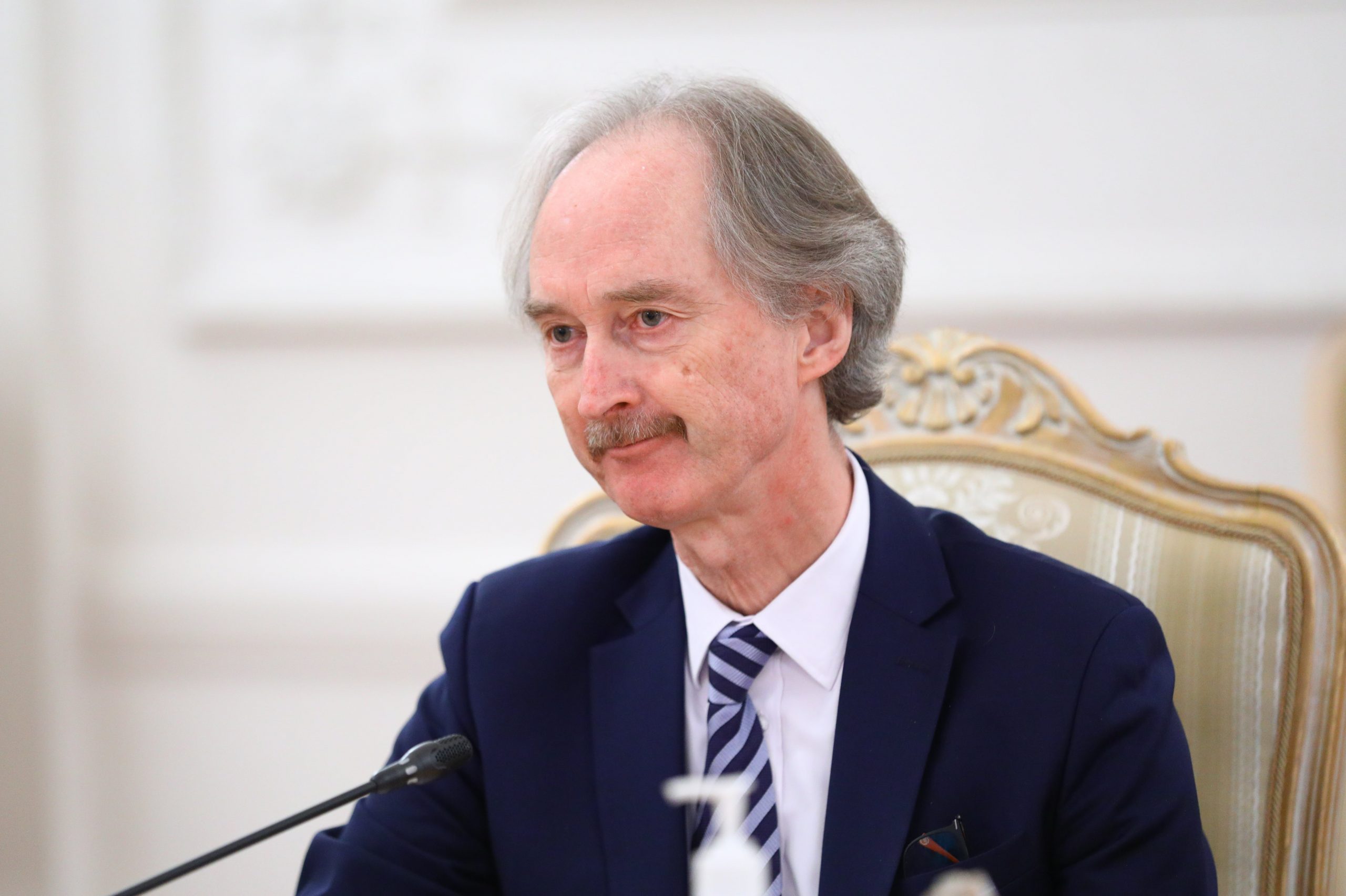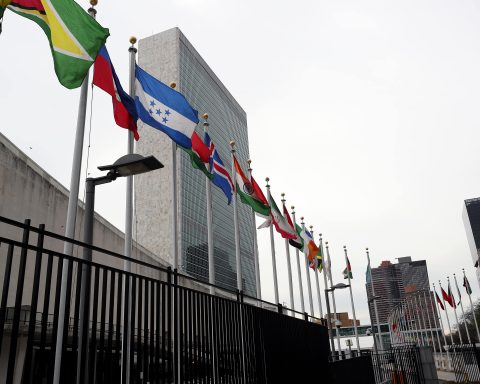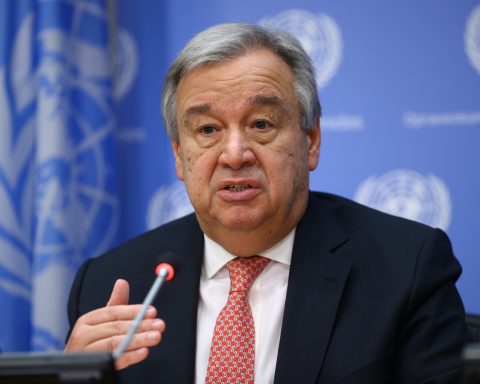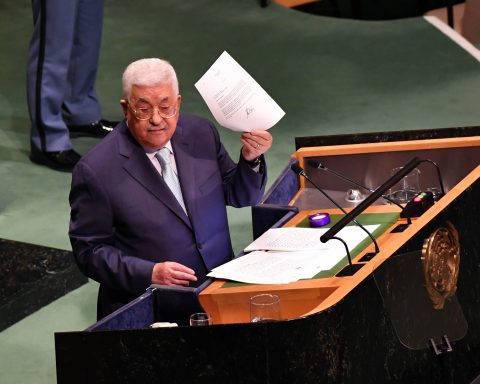Drawing attention to significant troop deployments, heavy shelling and ground clashes in Syria’s southwest province of Daraa, UN Special Envoy for Syria Geir Pedersen said a credible political process and sustainable international cooperation is needed. The Special Envoy further underlined the necessity for safe and unimpeded humanitarian access to all affected areas and communities.
Pedersen warned that the “conflict in Syria is far from over,” as he referenced intensified airstrikes and artillery shelling in Idlib, northern Latakia, Aleppo, and western Hamas, as well as increasing violence in the northeastern areas of Raqqa and al-Hasakeh.
The Special Envoy said his office is working to bring together parties for a sixth session of the Small Body of the Constitutional Committee.
“The United Nations will do its utmost to facilitate implementation of all aspects of UN Resolution 2585… and send a message that key states, notably the Russian Federation and the United States, can cooperate beyond the humanitarian track.”
In a related context, Martin Griffiths, Under-Secretary-General for Humanitarian Affairs and Emergency Relief Coordinator, said the ongoing hostilities, economic crisis, water shortages and COVID-19 are causing record levels of humanitarian needs since the start of the conflict. The diplomat mentioned continuing security problems at al-Hol camp in northeastern Syria, with 59,000 residents in total being subject to extreme vulnerability and aid dependence, as well as shortages of water, electricity, cooking gas, and health equipment in and around Daraa.
In addition, United Nations assessments in July found difficulties in accessing markets, loss of income and high commodity prices driving families to reduce meals. Low rainfall and reduced levels of the Euphrates River flowing into Syria from Turkey further threaten over 5 million people who rely on the river for drinking water and electricity, as do hospitals and irrigation networks.














